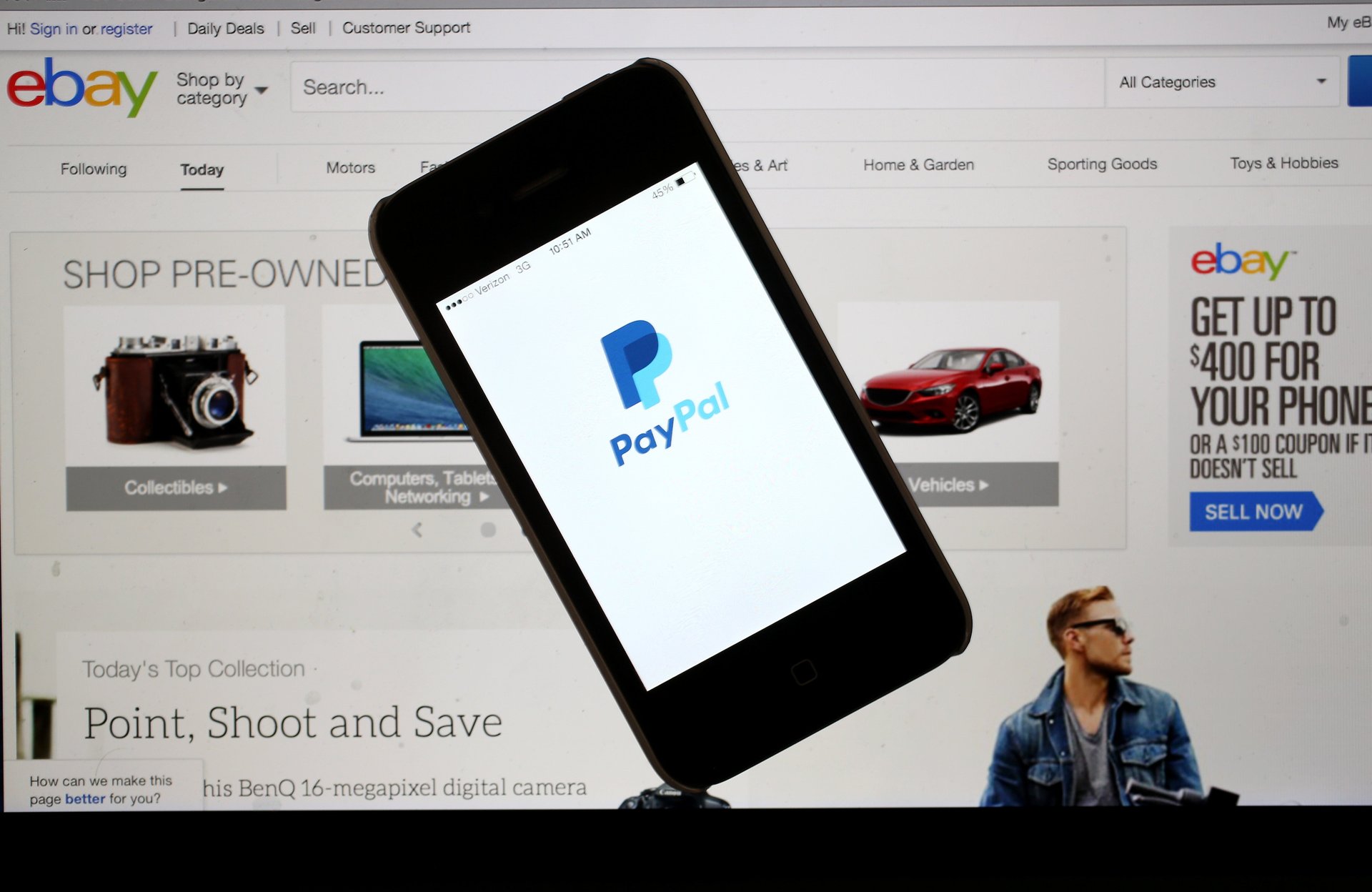Are "buy now pay later" plans really helping to raise people's credit scores?
BNPL users think the payment method can help them, but credit experts say there are caveats

With gift-buying season upon us along with inflation, record numbers of Americans are turning to buy now pay later (BNPL) plans to avoid paying the full cost of items upfront. And according to a recent survey by data company PYMNTS, more than a third of them think it’s helping their credit scores.
Suggested Reading
Sezzle, a BNPL company that collaborated with PYMNTS on the study, even advertises its services as a way for consumers to build credit. But experts say the answer is more complicated. BNPL can help consumers’ credit scores in some cases … or it can really hurt them.
Related Content
What is buy now pay later?
Buy now pay later is an alternative payment method that allows customers to pay for their purchases in portions over a set period of time.
BNPL companies such as Klarna, Afterpay, Sezzle, Affirm, and PayPal allow customers to pay for more expensive goods—or anything, really—in four interest-free installments or through longer-term payment plans with variable interest rates. Essentially, these companies are offering short-term micro loans to their customers.
Sometimes retailers such as Macy’s, Target, Amazon, and BestBuy offer BNPL options at checkout. Consumers can also shop for retail items directly through BNPL apps offered by companies such as Klarna and Afterpay.
How buy now pay later can boost your credit score
Of the 3,177 BNPL users surveyed by PYMNTS, 17% said they opt to use BNPL specifically to boost their credit score. There are several reasons why, at least for some people, this strategy makes sense.
With average credit card interest rates at about 28%, paying off four, interest-free BNPL installments usually is much cheaper than paying off a credit card bill. Using BNPL services can also help consumers maintain lower balances on their credit cards, which typically is good for their credit scores.
“For consumers who are savvy enough and concerned enough about their credit, the fact that they can extend their cash flow a little bit probably helps them stay on point with their other creditors,” said Ted Anders, head of payment solutions at Affinity Federal Credit Union.
Customers’ credit scores also don’t take as much of a hit from late payments on BNPL balances as they would from late payments on a credit card. That’s because not all BNPL companies send their customers’ data to the big three credit bureaus —TransUnion, Equifax, and Experian. Affirm provides data only to Experian, and Sezzle allows consumers to choose whether or not their data is shared with bureaus. Meanwhile, Klarna, PayPal and Afterpay do not share their customers’ data with credit reporting agencies, the companies told Quartz.
Even when BNPL companies share their data with credit bureaus, none of the major credit bureaus currently includes that information in consumer credit files, which are then fed into credit-scoring models like FICO. “For as long as that is the case, your BNPL account information will not impact your FICO Score,” FICO says.
But if BNPL ever were to be included, people with little credit history or multiple missed payments in their credit report might see a bump in their FICO scores if they paid their BNPL installments on time.
How BNPL can hurt your credit
If customers take too long to pay BNPL installments, they can be turned over to a debt collector, which can seriously hurt their credit score, noted Martha Callahan, a certified financial planner with FBB Capital Partners.
“Especially if they start using the buy now pay later feature across multiple purchases, I can see the purchases stacking or snowballing so that on the other end of it, they’re still having cash flow challenges to pay it on time,” she said.
And the people who use BNPL are typically the types of consumers to face these issues. One study this year by the US Consumer Financial Protection Bureau found that, on average, BNPL borrowers had more debt and delinquencies on their credit products as well as less liquidity and lower savings.
Another note: If credit bureaus include BNPL information on consumer credit reports in the future, the balances could pollute someone’s credit score by lowering the average age of their accounts, which in turn lowers their credit score, John Ulzheimer, a credit specialist who previously worked for Equifax and FICO score creator Fair Isaac Corp., told Quartz.
“Every time you add something new to your credit report, you reduce the average age of your accounts,” said Ulzheimer. “If you have so many brand new accounts on your credit report, it’s going to take a long time for those to age to a point where they’re not problematic any longer.”
Tips for building credit
At the end of the day, experts say the best ways to build credit are simple: use a credit card and budget.
“A credit card can be a great way to build credit if you implement it the right way, which means paying the balance off every month so that you’re not being charged interest,” said Callahan. “Stick to your budget so that you don’t have cashflow challenges in the future.”
If customers use BNPL, “don’t allow the attractiveness of how you’re going to pay outweigh the fact that you want to be prudent with your money and make sure that you’re not overextending,” said Anders.
